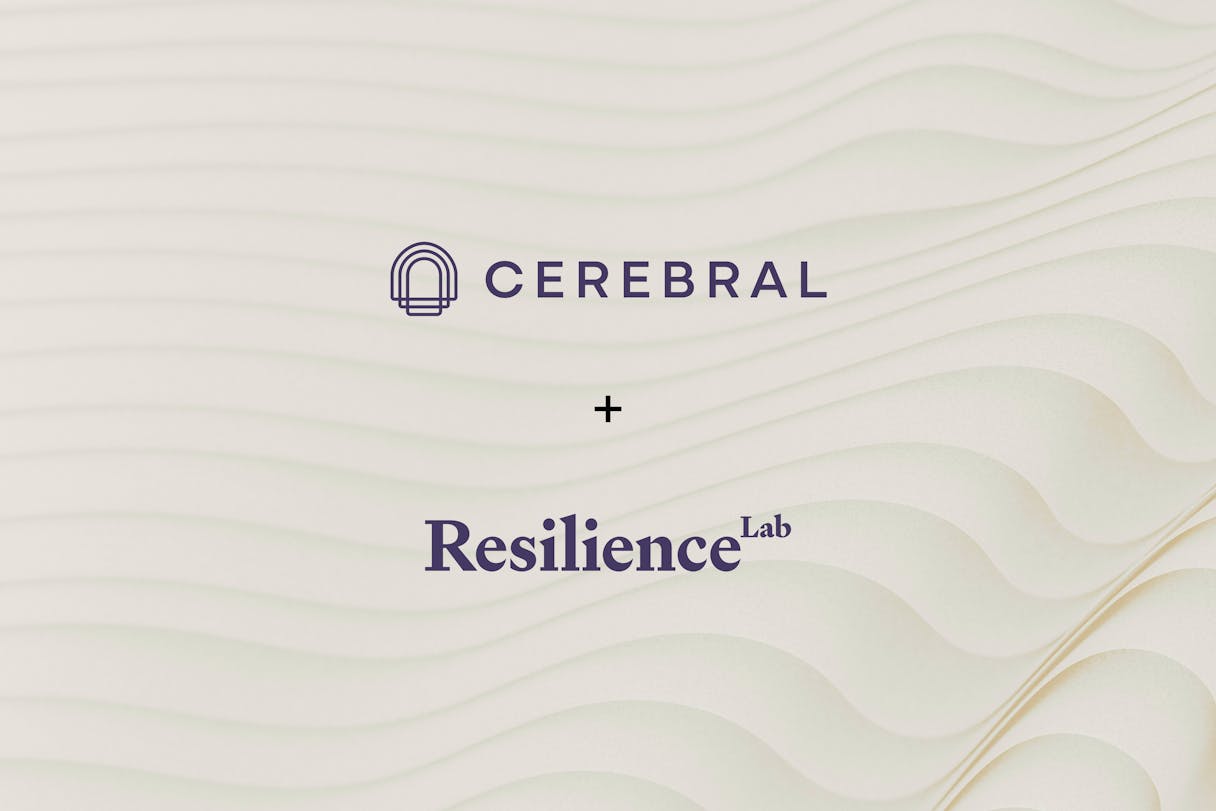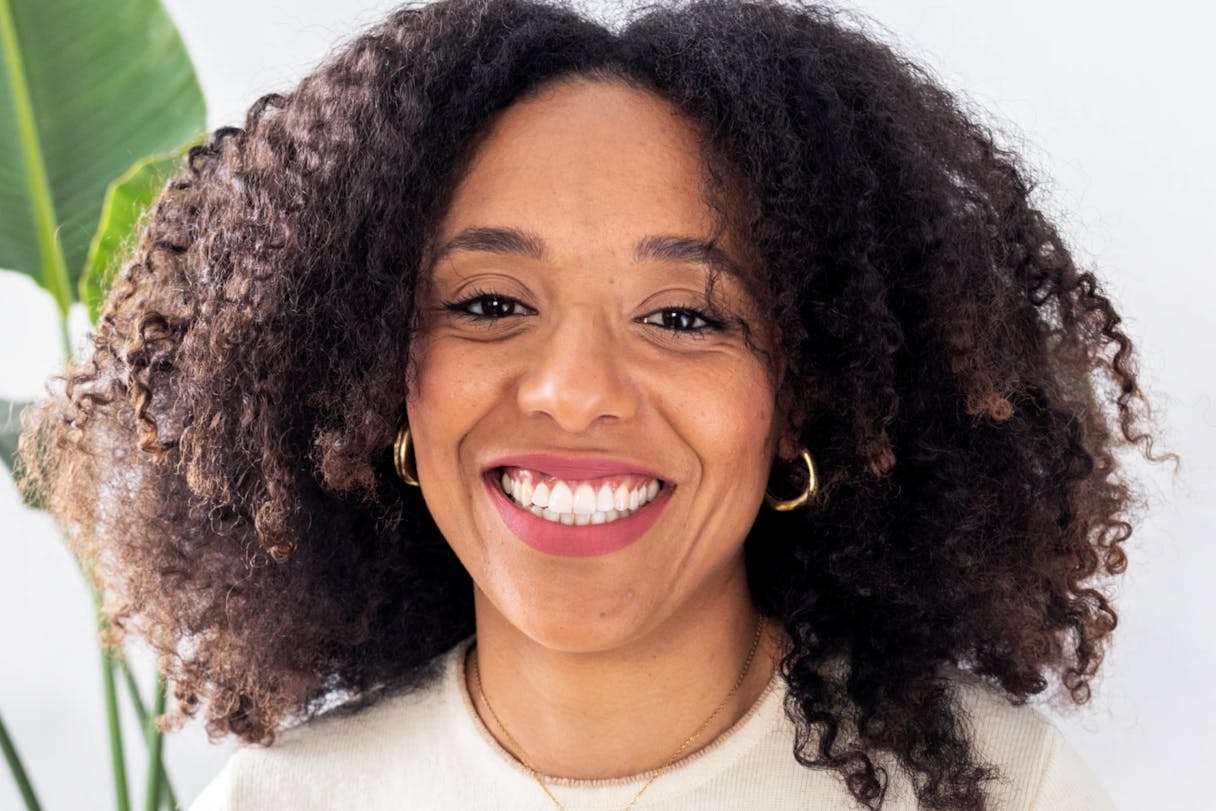Understanding Mental Health Titles for Psychiatrists, Therapists & more
If you’re looking for a psychiatric provider or a behavioral therapist, you probably see all sorts of letters after people’s names.
MD, NP, LPC, LPCC, LCSW — the list goes on and on.
But what do all those letters mean, and what do they say about the kind of care a clinician offers?
Take a look at the reference list below for a quick view of degree types and certifications that mental health clinicians often have. And find out what they mean about the care you’ll receive.
Prescribing provider degrees and titles
Prescribing providers can prescribe medications, including psychiatric and mental health drugs. Without one of these medical degrees, a clinician cannot prescribe medications.
When people use the word “psychiatry,” they’re referring to medical care that includes the ability to prescribe medications. For more information on what “psychology” means, see the section below
MD: Doctor of Medicine. This is the classic medical school degree. MDs can specialize in psychiatric care, family practice, and other specializations that can provide mental health care.
PA: Physician Assistant. According to the AAPA, PAs are medical professionals who diagnose illness, develop and manage treatment plans, prescribe medications, and often serve as a patient’s principal health care provider.
NP: Nurse Practitioner. A NP is a certification for a nurse who has a graduate degree in advanced practice nursing. According to the AANP, NPs provide a full range of primary, acute and specialty health care services, such as prescribing medications and ordering tests.
PMHNP: Psychiatric Mental Health Nurse Practitioner. A NP who specializes in psychiatry.
FNP: Family Nurse Practitioner. A NP who specializes in family medicine.
DNP: Doctor of Nursing Practice. This higher-education degree is for people who have reached a doctorate level of nursing practice.
Types of therapist degrees
Psychotherapists use talk therapy and other behavioral health approaches to treat mental illnesses. Unlike medical practitioners like NPs or MDs, therapists do not prescribe medications.
This kind of care falls under the heading of “psychology,” which focuses on behavior and the mind. Cerebral therapists meet with members on a weekly basis. Our therapists are either fully licensed or are seeking their license and operate under the direct supervision of a clinical supervisor.
LCSW: Licensed Clinical Social Worker. A LCSW is a master’s level social worker and mental health professional. LCSWs have extensive training and licensing in mental health and counseling. As a social worker, LCSWs also focus on societal and environmental impacts on mental health.
LICSW: Licensed Independent Clinical Social Worker. The main differences between LICSWs and LCSWs is that only certain states have special licenses for the “independent” practice.
LMFT: Licensed Marriage and Family Therapist. Similar to a LCSW, this is a master’s level counseling degree that provides extensive training and licensing in mental health, specifically couples and family counseling. Practitioners with this degree may focus on issues with and impacts of marriage and family interactions.
Licensed Counselors:
These licenses are similar to LCSWs and LMFTs in that they have master’s degrees and practitioners provide psychological therapy and counseling. The main difference is that these therapists may not have specific training and licensing in social work or familial aspects. The reason for the varying titles below is that different states call the licenses something slightly different.
- LMHC. Licensed Mental Health Counselor.
- LPC. Licensed Professional Counselor.
- LPCC. Licensed Professional Clinical Counselor.
- LCPC. Licensed Clinical Professional Counselor.
- LCMHC. Licensed Clinical Mental Health Counselor.
Psy.D.: Doctor of Psychology. This is a doctorate degree in the field of psychology. Though it’s similar to Ph.D. in psychology, this degree is focused on the practice of psychology, such as diagnosing conditions.
Psychologists vs. Mental Health Counselors
Cerebral Care Counselors also offer behavioral health guidance. Meeting with members on a monthly basis, Care Counselors have a master’s degree at a minimum. Some Care Counselors are also licensed therapists.
Below are the master’s degrees that Cerebral Care Counselors have at minimum.
MA: Master of Arts. M.A. is an advanced degree that may be offered for any number of areas of study. Certain colleges, like a college for counseling or psychology, can offer a M.A. for advanced study in psychology.
MS: Master of Science. Similar to M.A., a M.S. is an advanced degree. Certain schools may offer an M.S. in psychology, such as an M.S. in clinical psychology.
MSW: Master of Social Work. Earning this master’s degree may be necessary in order to become a LCSW.
Clinically reviewed by Tony Reigle, Ph.D., LPC, CCTP-II, CCFP

Our Care: The Resilience Methodology

A New Era of Mental Healthcare: How Cerebral Is Expanding High-Quality, Personalized Care

5 Things to Look for in a Therapist

Call 911 if you’re having a
mental health emergency
Text Home to 741-741 if you're in emotional
distress and need immediate support
Call or text 988 Suicide &
Crisis Lifeline. Chat service
is available at 988lifeline.org.